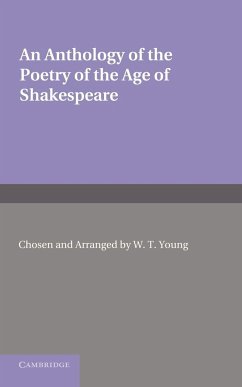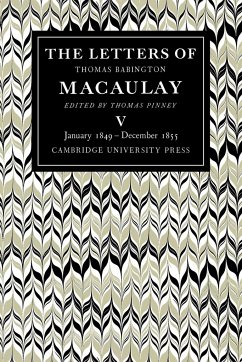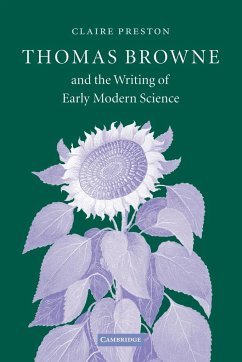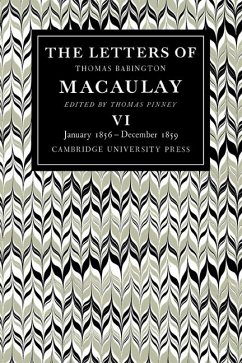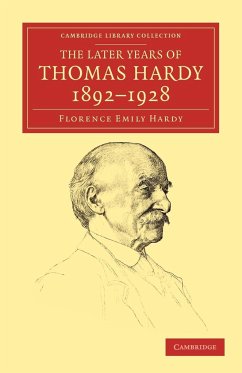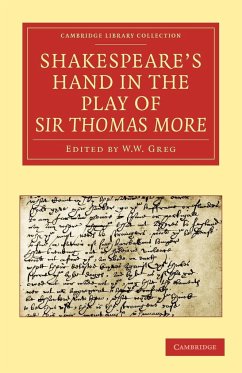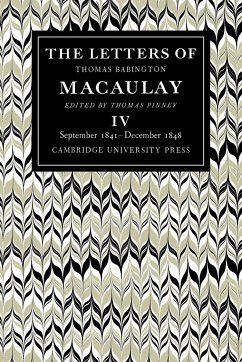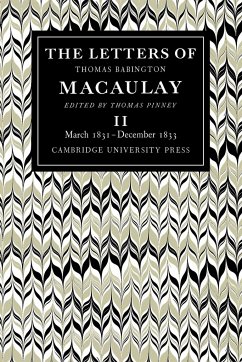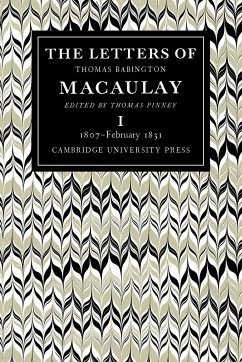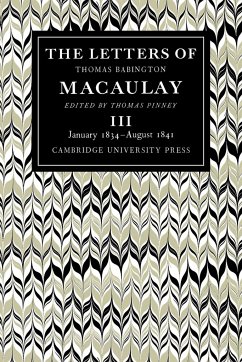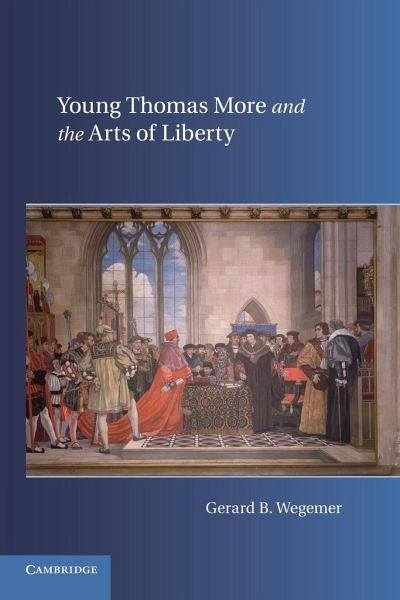
Young Thomas More and the Arts of Liberty
Versandkostenfrei!
Versandfertig in 1-2 Wochen
42,99 €
inkl. MwSt.
Weitere Ausgaben:

PAYBACK Punkte
21 °P sammeln!
What does it mean to be a free citizen in times of war and tyranny? What kind of education is needed to be a 'first' or leading citizen in a strife-filled country? And what does it mean to be free when freedom is forcibly opposed? These concerns pervade Thomas More's earliest writings, writings mostly unknown, including his 280 poems, declamation on tyrannicide, coronation ode for Henry VIII and his life of Pico della Mirandola, all written before Richard III and Utopia. This book analyzes those writings, guided especially by these questions: Faced with generations of civil war, what did young...
What does it mean to be a free citizen in times of war and tyranny? What kind of education is needed to be a 'first' or leading citizen in a strife-filled country? And what does it mean to be free when freedom is forcibly opposed? These concerns pervade Thomas More's earliest writings, writings mostly unknown, including his 280 poems, declamation on tyrannicide, coronation ode for Henry VIII and his life of Pico della Mirandola, all written before Richard III and Utopia. This book analyzes those writings, guided especially by these questions: Faced with generations of civil war, what did young More see as the causes of that strife? What did he see as possible solutions? Why did More spend fourteen years after law school learning Greek and immersed in classical studies? Why do his early works use vocabulary devised by Cicero at the end of the Roman Republic?





